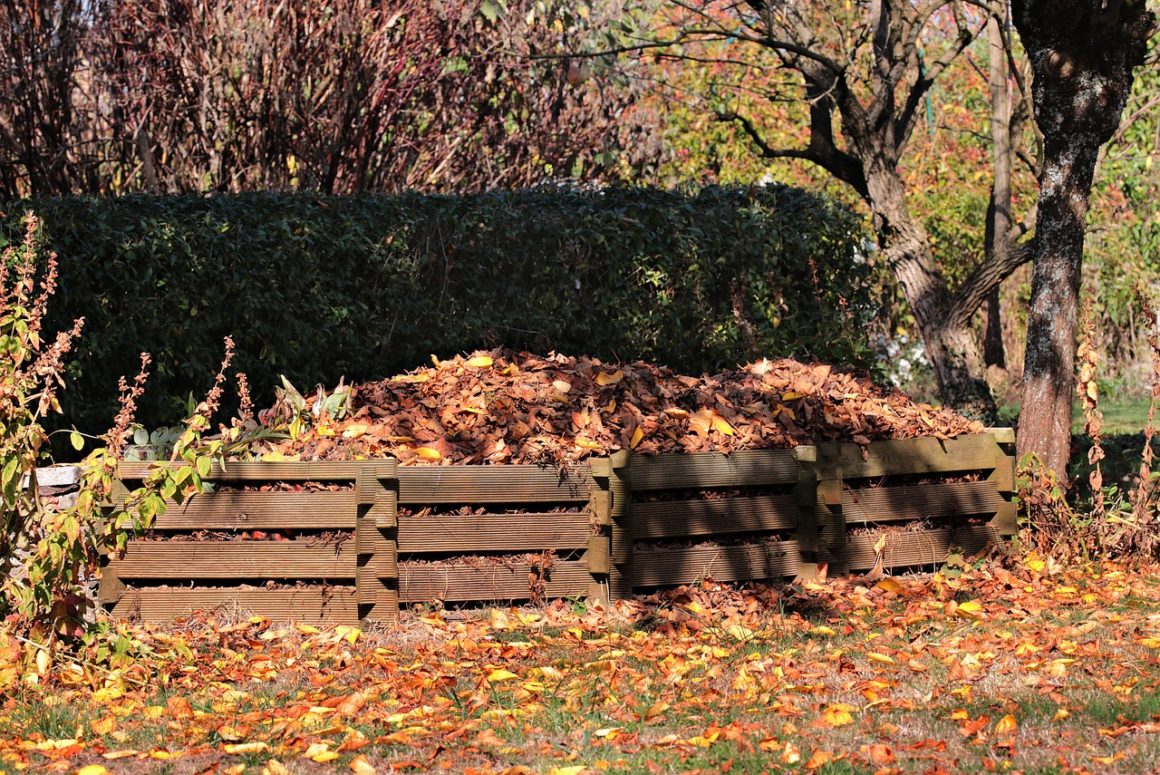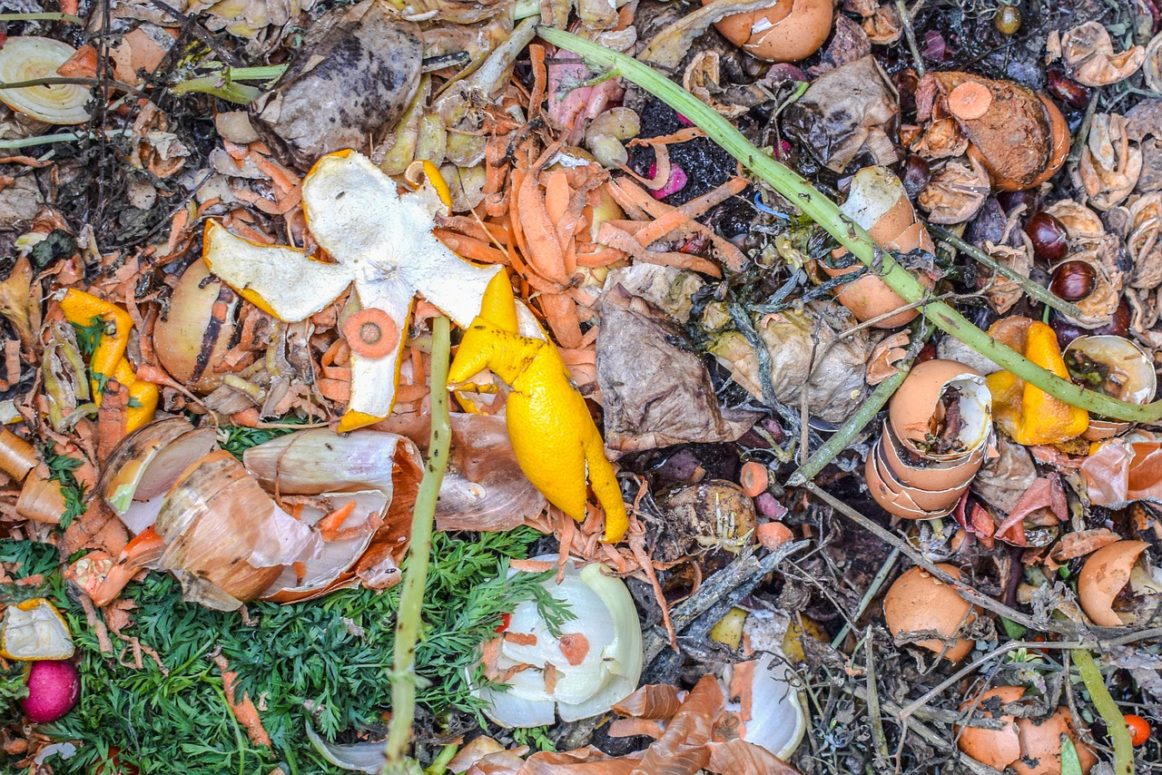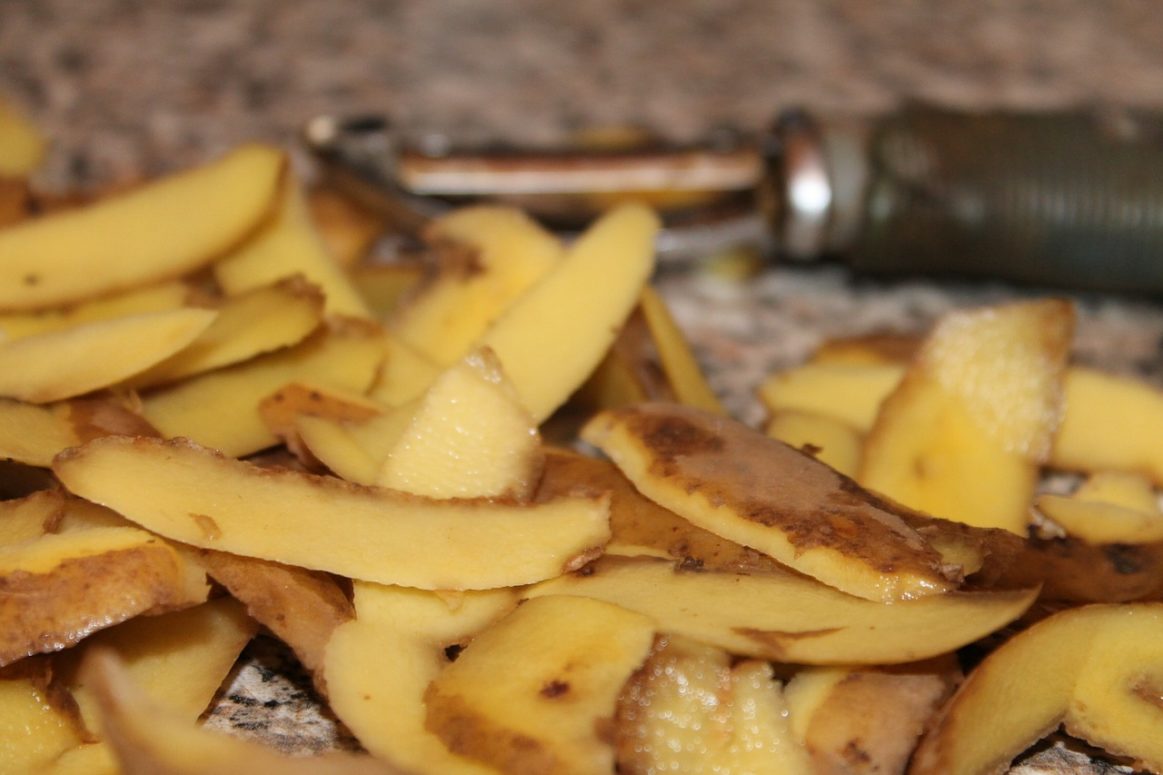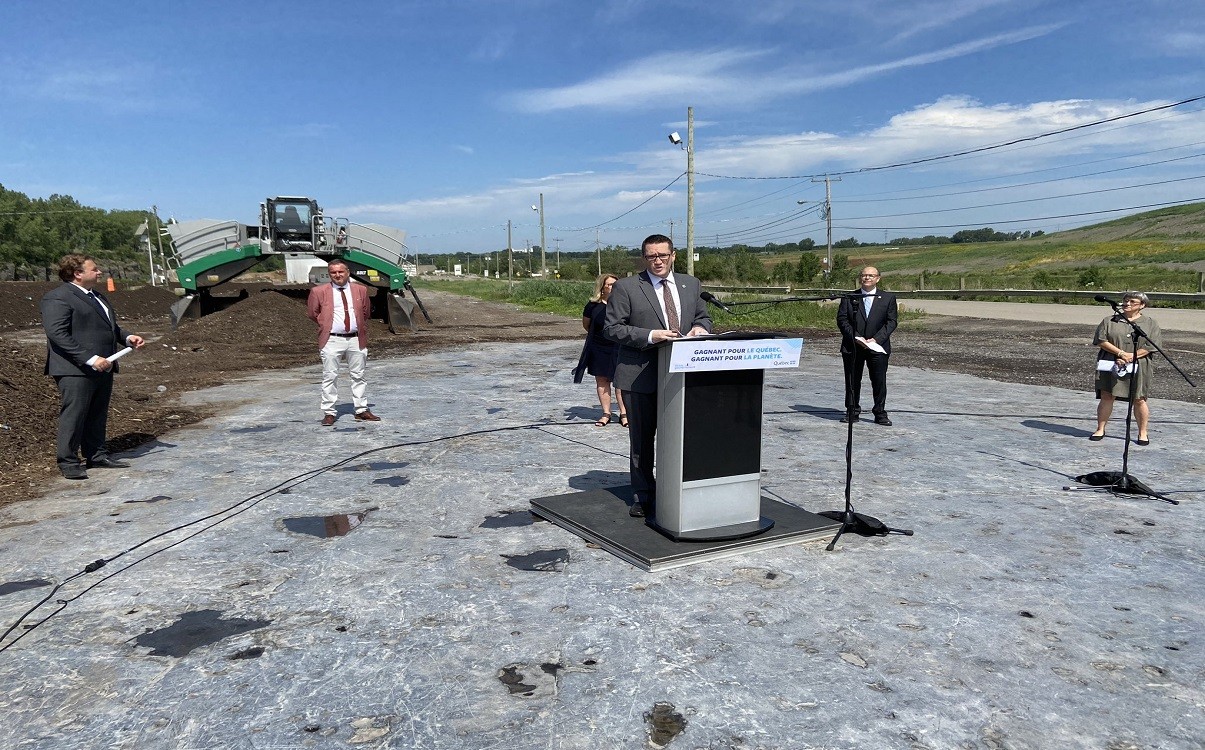Coalitionvenir Québec set lofty ambitious goals
Quebec’s Environment Minister Benoit Charette, today unveiled his government’s Strategy for the recovery of organic matter. A budget totalling $ 1.2 billion, including $ 450.1 million available from 2020-2021, will be devoted by 2030 to the implementation of this expected strategy from the municipal world and private business.
The Coalitionvenir Québec has set lofty ambitious targets that will make a real difference in the way Quebec manages its organic materials if they can be reached.

The four main pillars to goal achievement
- Offer organic matter collection to all Quebec citizens by 2025;
- Manage organic matter in 100% of industries, businesses and institutions by 2025;
- Recycle or recover 70% of the organic matter targeted in 2030;
- Reduce greenhouse gas (GHG) emissions by 270,000 tonnes of CO 2 equivalent (t CO 2 eq) per year by 2030.
Currently, organic matter constitutes approximately 60% of the 5.8 million tonnes of residual matter eliminated each year in Quebec. The waste sector also represents the fifth largest GHG emitter in Quebec. It is responsible for the emission of around 4.55 million tonnes of CO 2 equivalent per year.

The Strategy will speed up the establishment of organic matter collection services and processing facilities adapted to all regional contexts. In addition, it will promote the quality of the organic matter treated and the development of local outlets for composts, digestates and other residual fertilizing materials from this collection. It is also based on a sharing of responsibilities between actors in the value chain, including municipalities.
To achieve this, the government will increase the charges for landfilling of residual materials from $ 23.51 to $ 30 per tonne. This is a clear signal that Quebec intends to discourage the elimination of residual materials in favour of their recovery.
The government will also help municipalities better manage food and green residues throughout their territories and improve the eco-center network for wood residues from citizens. At the same time, Quebec will encourage and then compel the collection of food and green residues and the collection of paper and cardboard in industries, businesses and institutions (ICI) and in certain housing currently not served for these materials.
This strategy, which is accompanied by significant financial support, will make it possible to improve the programs that finance organic matter management. This is the case, for example, of the Program for the treatment of organic matter by anaerobic digestion and composting (PTMOBC), whose budget will be increased by $ 308 million. An additional $5 million will also be allocated to the Home and Community Composting Assistance Program (ACDC). By accelerating the establishment of treatment facilities, these programs will boost the creation of these green infrastructures that will contribute to our economic recovery. The PTMOBC and ACDC program were modified during the development of the Strategy and are now in effect.

Currently, 57% of the Quebec population is served by a collection of food waste (combined or not with that of green waste) and 100% by the collection of paper and cardboard through the selective collection of recyclable materials. In addition, citizens can recycle their organic waste at home, in particular by domestic composting.
The recycling rate of putrescible organic matter from the food processing industries was 97% in 2018, while that of the pulp and paper sector was 34%. The lowest is in other industries, businesses and institutions with 5% recycling rate.
The strategy for recovering organic matter is complementary to the expansion of the deposit announced on January 30. It is also in addition to the modernization of the selective collection system announced on February 11, 2020. These are three key pieces that will guide Quebec towards achieving the fundamental objective of the Quebec Policy for the management of residual materials, which aims to ensure that only the ultimate residue is eliminated in Quebec.









